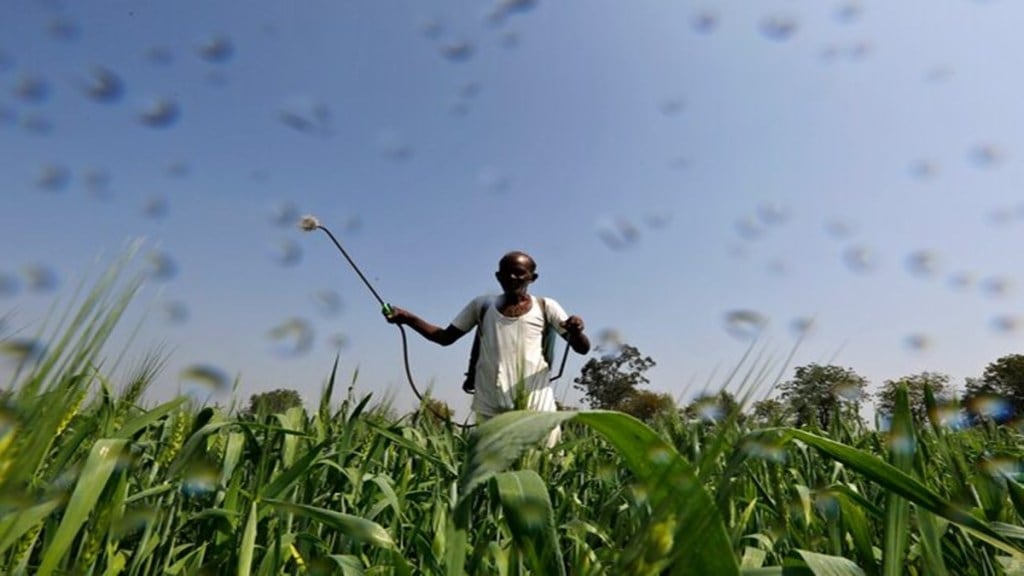The government must roll out direct benefit transfers (DBT) to farmers instead of providing highly subsidised fertilizers to farmeres through companies, which is leading to skewed use of the soil nutrients, the fertilizer industry has said.
SC Mehta, Chairman, Fertiliser Association of India (FAI) said the DBT for the subsidy disbursal would have to be implemented over the next 2 -3 years. “This would make the fertiliser industry more market-oriented and bring about efficiency in operations.” Mehta said .
Sales of all subsidised fertilisers to farmers or buyers are currently made through 0.26 million point of sale (PoS) devices installed at outlets since March 2018. Beneficiaries are identified through Aadhaar number, Kisan Credit Card and other documents.
Fertiliser subsidies have been released to companies on the basis of sales made by the retailers to the farmers.
Earlier the idea of direct cash transfer was objected to by some circles, as under that model, the farmers would have to pay a substantial amount upfront for buying fertilisers prior to the actual subsidy amount being transferred to their bank accounts.
While calling for taking corrective measures to deal with imbalance in fertiliser subsidies which is skewed in favor of urea, Mehta, also chairman and managing director, Deepak Fertilisers said “We are also very deeply concerned with soil health, which has to be improved through balanced use of fertiliser,”.
He stated that use of micro-nutrients are not encouraged sufficiently to boost balanced use of fertiliser. “Fertilizer utilization is going up while the crop yield has plateaued,” he said.
Mehta said the government must encourage the fertiliser industry to make strategic investments abroad from the mining to the finished products through formulating a long term policy.
In terms of volume, imports account for a third of domestic soil nutrients consumption of around 60 million tonne (MT) annually. Because of geo-political reasons, global prices of fertiliser remain volatile thus pushing up the government’s fertiliser subsidy budget.
The fertiliser subsidy for 2025-26 is projected at Rs 1.67 trillion.
In case of urea, farmers pay a fixed price Rs 242 per bag (45 kg) against the cost of production of around Rs 2,650 per bag. The balance is provided by the government as a subsidy to fertiliser units.
The retail prices of phosphatic and potassic (P&K) fertiliser, including DAP were ‘decontrolled’ in 2020 with the introduction of a ‘fixed-subsidy’ regime as part of Nutrient Based Subsidy mechanism announced by the government twice in a year.
The country imports around 55% to 60% of its annual diammonium phosphate (DAP) consumption of 10 – 11 MT mainly from West Asia and Jordan while the domestic Muriate of Potassium demand is met solely through imports from Morocco, Saudi Arabia, Belarus, Canada and Jordan, etc).
The government has entered into long-term agreements with Morocco and Saudi Arabia for the import of about 2 MT annually from each country.
